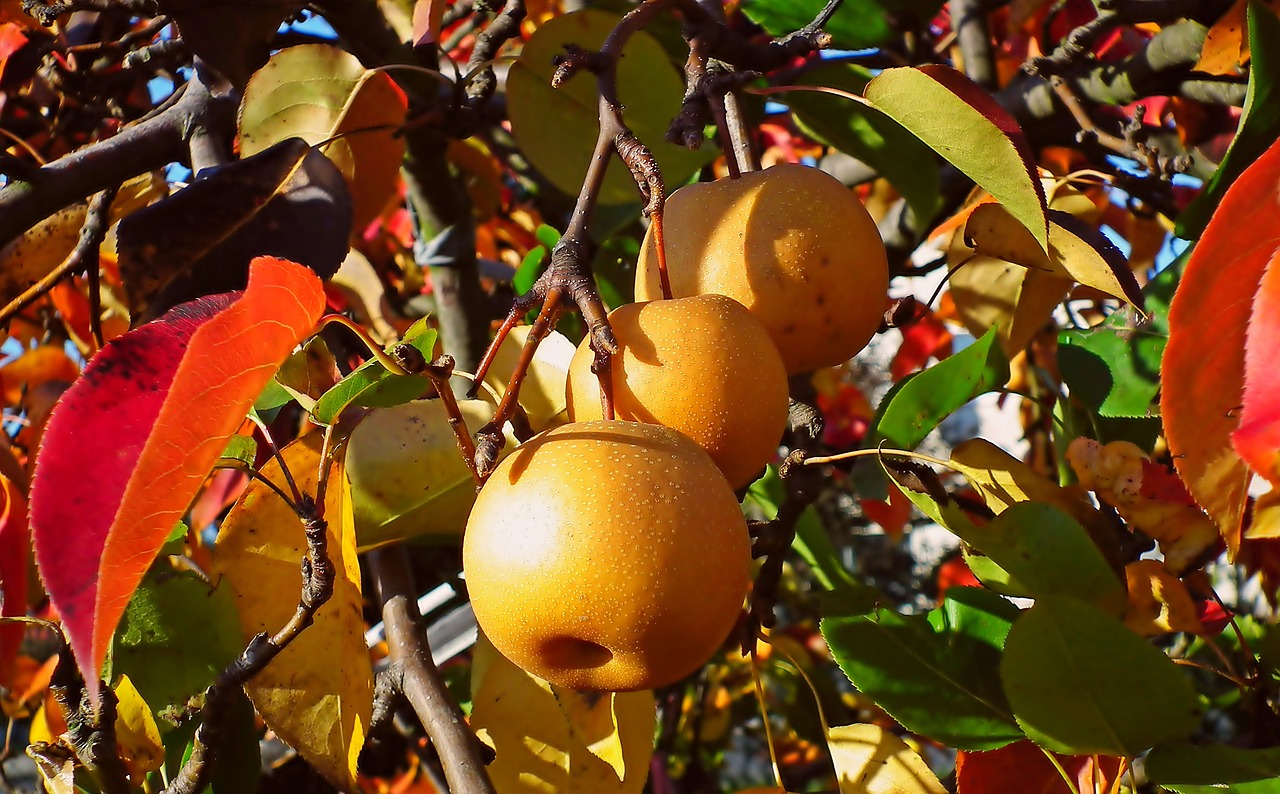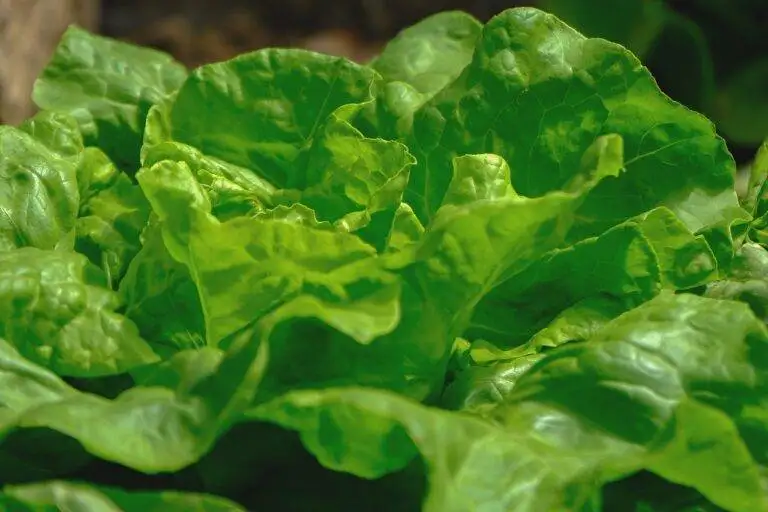Honey Production and Rural Development Initiatives: Tiger exchange, Golden77, Sky 99 exch id
tiger exchange, golden77, sky 99 exch id: Honey production has always played a significant role in rural development initiatives around the world. Not only does it provide a sustainable source of income for rural communities, but it also helps in preserving natural habitats and promoting biodiversity. In this blog post, we’ll take a closer look at the importance of honey production in rural development initiatives and how it benefits both the environment and local economies.
The Role of Honey Production in Rural Development
Honey production has been a traditional practice in many rural communities for centuries. The process of beekeeping not only yields honey but also beeswax, propolis, royal jelly, and bee pollen, all of which have various uses in food, cosmetics, medicine, and more. By engaging in honey production, rural communities can generate income, create job opportunities, and contribute to economic growth.
Moreover, honey production can lead to the conservation of natural habitats and the promotion of biodiversity. Bees play a crucial role in pollinating flowers and crops, which is essential for food production and ecosystem health. By keeping bee populations healthy and thriving, rural communities can support the environment and ensure the sustainability of their resources.
The Impact of Honey Production on Local Economies
Honey production has a positive impact on local economies by providing a stable source of income for rural communities. Beekeeping is a relatively low-cost and low-tech activity that can be easily integrated into existing agricultural practices. This allows farmers to diversify their income streams and improve their livelihoods.
In addition, honey production can create job opportunities in rural areas, especially for women and young people. Beekeeping requires regular maintenance and care, as well as processing and packaging of honey products. By engaging in these activities, community members can gain valuable skills and experience that can be used to start their small businesses or cooperatives.
Furthermore, honey production can boost tourism and local entrepreneurship. Many rural areas are known for their unique honey varieties and beekeeping traditions, attracting visitors interested in agrotourism and sustainable living. By promoting honey-related activities and products, rural communities can create new opportunities for revenue generation and economic development.
Challenges in Honey Production and Rural Development
While honey production holds great potential for rural development, there are also challenges that need to be addressed. One of the main issues is the lack of access to training, resources, and markets for beekeepers in remote areas. Many rural communities struggle to find support and guidance in improving their beekeeping practices and accessing profitable markets for their products.
Furthermore, climate change and environmental degradation pose significant threats to bee populations and honey production. Changes in temperature, rainfall patterns, and land use can negatively impact bee habitats and foraging opportunities, leading to decreased honey yields and bee health. It is crucial to implement sustainable beekeeping practices and conservation measures to ensure the long-term viability of honey production in rural areas.
Government and Nonprofit Initiatives for Honey Production
To support honey production and rural development initiatives, governments and nonprofit organizations implement various programs and projects. These initiatives aim to provide training, resources, and infrastructure for beekeepers, as well as promote sustainable practices and market access. By investing in honey production, policymakers can stimulate economic growth, alleviate poverty, and protect the environment.
For example, many countries offer subsidies, grants, and technical assistance to beekeepers to help them improve their beekeeping practices and expand their operations. Nonprofit organizations also collaborate with local communities to set up beekeeping cooperatives, establish honey value chains, and develop marketing strategies. By working together, stakeholders can create a conducive environment for honey production to thrive and benefit rural economies.
FAQs
1. What are the health benefits of honey?
Honey is known for its antioxidant, antibacterial, and anti-inflammatory properties. It can help boost immunity, soothe sore throats, and promote wound healing. Additionally, honey contains vitamins, minerals, and enzymes that can provide a range of health benefits when consumed regularly.
2. How can I start beekeeping in my community?
If you’re interested in beekeeping, you can start by attending training workshops, joining local beekeeping associations, and reading books on the subject. It’s essential to learn about bee behavior, hive management, and honey extraction techniques before setting up your beehives. You can also reach out to agricultural extension services or NGOs for guidance and support.
3. What are the different types of honey?
There are various types of honey, depending on the floral sources and processing methods used. Some common types include clover honey, wildflower honey, acacia honey, manuka honey, and buckwheat honey. Each type has its unique flavor, color, and nutritional profile, making them suitable for different culinary and medicinal purposes.
4. How can honey production benefit the environment?
Honey production benefits the environment by promoting pollination, conserving natural habitats, and supporting biodiversity. Bees play a crucial role in pollinating flowers and crops, ensuring the reproduction of plants and the sustainability of ecosystems. By keeping bee populations healthy and thriving, honey production contributes to the overall health of the environment.
5. What are some challenges faced by beekeepers?
Beekeepers face several challenges, including climate change, habitat loss, pests and diseases, and market access issues. Changes in weather patterns and land use can affect bee foraging opportunities and honey yields. Additionally, pests like Varroa mites and diseases like American foulbrood can decimate bee populations if not properly managed. Finding profitable markets for honey products can also be a challenge for beekeepers in rural areas.
6. How can consumers support honey production and rural development?
Consumers can support honey production and rural development by buying local honey products, promoting sustainable beekeeping practices, and advocating for bee-friendly policies. By choosing honey from responsible producers and beekeepers, consumers can ensure the quality and traceability of their honey. Supporting fair trade and organic certifications can also help promote ethical honey production and support rural economies.







